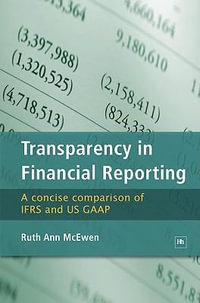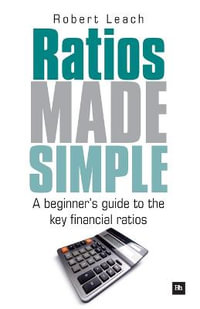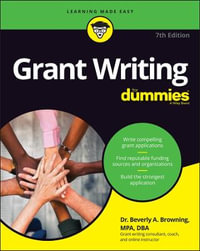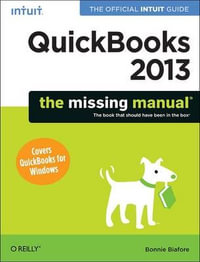Dr Mohammad Nurunnabi examines the factors that affect the implementation of International Financial Reporting Standards (IFRS) in developing countries and answers these specific research questions: - What is the relative impact of accounting regulatory frameworks and politico-institutional factors on the implementation of IFRS in developing countries? - How do cultural factors affect said implementation? - How does a study of implementing IFRS help to build an understanding of a theory of the role of the state in accounting change in developing countries? This follows a mixed methodology approach, in which interviews are conducted, IFRS-related enforcement documents and annual reports are evaluated. More than 138 countries have adopted IFRS, yet the International Accounting Standards Board (IASB) does not provide an implementation index. Financial reporting varies by country, even within the area of the world that has apparently adopted IFRS and Nurunnabi offers an important viewpoint that considers the issues of IFRS implementation from various perspectives. This is an invaluable resource for Undergraduate, Masters and PhD students, policy makers (at local, regional and international level) namely the IASB, World Bank, IMF, practitioners and users, giving them the necessary insight into the financial reporting environment and the state's attitude towards accounting transparency. Most importantly, this book contributes to military and democratic political regimes and the Max Weberian view of the theory of the role of the state's attitude towards accounting transparency.
Industry Reviews
'The International Accounting Standards Board (IASB) has made rapid progress towards the development and adoption of International Financial Reporting Standards (IFRS) throughout the world. Currently, more than 138 jurisdictions have adopted IFRS, including the G20 nations. This book is an engrossing rendition of how politics, accounting regulation and culture facilitate and disrupt the implementation of IFRS in developing countries. This readable account of the checkered journey of IFRS would be insightful to Masters and PhD students of accounting research and to policy makers and practitioners. The book contains a wealth of valuable information (conceptual and practical foundations) and it is notable for its comprehensive (nine chapters) yet easily understandable discussion of the literature. In addition, it offers a provocative future research agenda.' S.P. Kothari, Massachusetts Institute of Technology, USA and Editor, Journal of Accounting and Economics 'Mohammad Nurunnabi has introduced an important textbook that is ideally suited to both researchers and practitioners who are interested in the implementation of IFRS in developing economies. It offers a good balance between theory and practice. It provides an excellent coverage of a number of important issues not commonly covered in most accounting textbooks. The findings of this research have policy implications that are relevant for Bangladesh, and other developing countries.' Khaled Hussainey, Plymouth University, UK 'As more than a hundred countries have adopted IFRS and others are in transition to IFRS, the demand for publications on country-specific practical experiences, challenges, and accomplishments in implementing IFRS is growing at an exponential rate. This book undoubtedly should prove very useful to all readers seeking insights into the depth and breadth of issues relating to IFRS implementation in developing countries, especially in Bangladesh.' Eva K. Jermakowicz, Tennessee State U
























